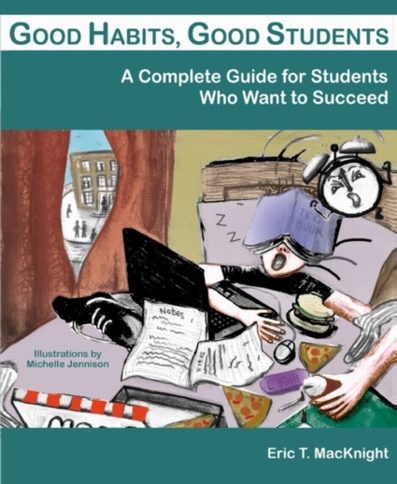Some students think that certain assignments are important, while others are not important—or that some assignments are more important than others.
This is a dangerous error.
If you only read what is assigned to you, you will never read enough to become a really good reader, and to acquire the background knowledge you need.
If you only write what is assigned to you—or even worse, only what the teacher marks in detail—you will never write enough to become a good writer.
Imagine a basketball player who never touches a basketball except during team practices and games. That player will never learn to play basketball well. Good players become good by spending hours and hours and hours in the gym, shooting lay-ups, shooting free-throws, shooting jump shots. No coach is there pointing out errors or praising progress.
Or consider the piano student. Once a week, during lessons, the teacher points out what the student is doing well, and where the student needs to improve. In between lessons, the student must practice, practice, practice, practice. No one is there to say, “That’s good!” or “No, no, your left-hand fingering is wrong!”
Getting better is all about the repetitions.
If it were possible for a superhuman English teacher to mark in detail every piece of writing you do, it would be a waste of time for the teacher, and for you! Why? Because we continue making the same mistakes, for a long time. Mistakes arise out of bad habits, and bad habits can be corrected only through practice, practice, practice!
Consider the basketball player. During a team practice, the coach sees that the player’s elbow is stuck out away from the body on jump shots. “Pull your elbow in! Your forearm should be vertical!” says the coach. But the player must shoot hundreds or thousands of jump shots to train the brain and the body to keep the elbow in and the forearm vertical. It would be useless for a coach to stand behind the player for hours crying out, “Elbow out! ”That’s better!” No, it’s out again!” The player knows what the problem is. Correcting it takes practice, practice, practice!
Those hours of practice begin to pay off, eventually, during team practices and games. But without the hours of practice, unobserved and ungraded, the player—and the student—will never make much progress.
Who will be a better player: the one who never touches a ball except during team practices and games, or the one who isn’t even on the team but spends hundreds of hours in the gym practicing?
Who will be a better writer: the student who never writes except on graded assignments and exams, or the one who writes every day, privately, and is not even enrolled in the course?
The answer is the same in both cases.
Better than either of these, however, will be the player who practices for hours alone, gets good coaching during team practices, and then puts it all together during games. Better than either will be the student who reads and writes voraciously outside of class, gets good instruction in class, and then puts it all together on graded assignments and exams.
That’s why every assignment is important.

